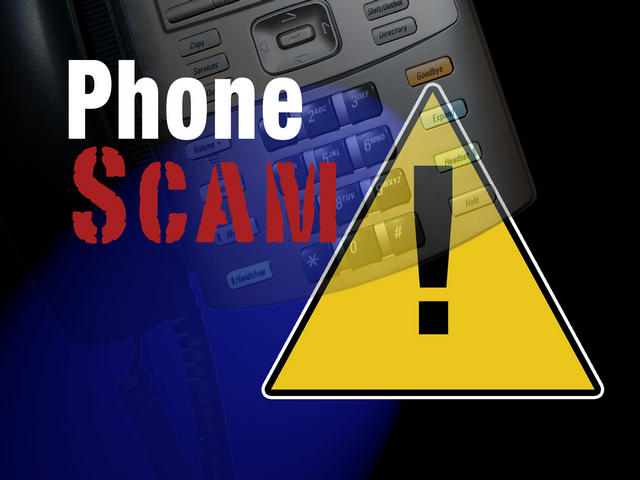From an article by Bill Detwiler from IT Dojo:
If you’ve worked in a support role long enough, you’ve probably developed your own style of translating technical issues to users who aren’t that tech savvy. Sometimes your explanations may owe more to art than science.
Even though we try our best to communicate honestly and clearly with our users, we have to admit that we sometimes fall back on a few handy excuses or stalling tactics. I’ll illustrate with a few examples, and you can decide if any of them sound all-too-familiar:
Computer Support says: Hmmmm… I see the problem, but to tell you the truth…
Computer Support means: Whenever a tech begins a sentence with this, they’re often saying, “I have no idea what’s going on so I’m about to heavily bend the truth…”
Computer Support says: It would probably be best to re-install the software.
Computer Support means: This almost certainly translates to “I don’t know how to fix this, nor does anyone else here. By the time we’ve worked out the solution, you could have re-installed the package a dozen times.”
Computer Support says: Hmmm….that’s a good one!
Computer Support means: At this point, I’m wondering “What in the world are you talking about?”
Computer Support says: There must be some incompatibility problem.
Computer Support means: I’m actually saying “I have no idea what’s going one, but a vast majority of computer problems are either a hardware or software incompatibility — so we’ll go with that for now.”
Computer Support says: I’ll check with my team leader.
Computer Support means: Honestly, I already know she won’t have a clue either, but I’ll ask just to confirm my assumption and assure that that I’ve exhausted all possibilities.
Computer Support says: We have passed the problem on to the developers and they are working on a fix.
Computer Support means: Even the developers don’t have a clue, but they might be able to come up with a work around if they ever get time to work on the problem — sometime next decade.
Computer Support says: Let me just check with a colleague.
Computer Support means: I’ll press the mute button now, because I can’t stop laughing.
Sometimes, you have to be a little more technical with your directions to users, like this:
Computer Support says: What operating system are you running?
Computer Support means: Do you even know what an operating system is?
Computer Support says: Are you getting a login error?
Computer Support means: You’ve forgotten your password again, haven’t you?
Computer Support says: Let’s check your settings.
Computer Support means: I wasn’t listening the first time you explained the problem, but I can probably figure out the problem by looking at your system settings.
Computer Support says: I apologize unreservedly for my mistake.
Computer Support means: Oh no! I just broke the first help desk law!
Computer Support says: Let’s run through that procedure one more time and check the exact error message.
Computer Support means: I need to play for time while I reboot my machine, swallow this huge lump of sandwich I just bit off, find the relevant help file, or finish making the coffee.
In this article we’ve poked a little fun at ourselves and the excuses or stalling tactics we sometimes use with our end users.
But in all seriousness, as has been mentioned in previous articles on the hidden meanings of end-user help desk phrases, effective communication skills and a professional demeanor are just as critical as certifications and technical knowledge in today’s IT world. You should never lie to nor speak to your users in a patronizing or flippant manner. Your end-user are clients, and they deserve the same respect and fair treatment as you would expect from someone serving you.









